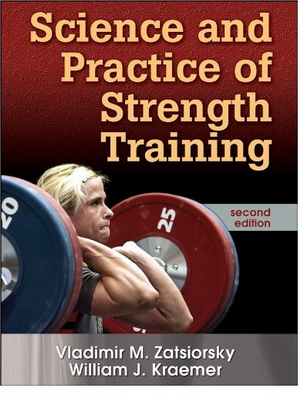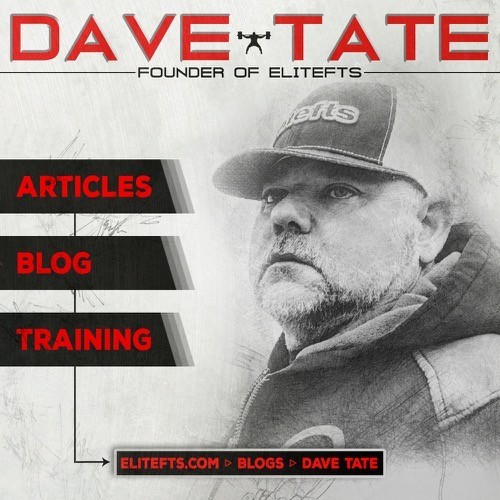
In the past week, I have spent more time on the road than I have in a long time. While I am not a huge fan of podcasts (I prefer audiobooks), I do listen to Andy Frisella's MFCEO Podcast from time to time. He hit on an interesting topic the other day: comprehensive knowledge. I firmly believe in education but believe even more in the execution of it.
Many people post how many books they read per week, month, and year. I have so many books that I began buying e-books because I ran out of space for the physical versions. While the sheer amount of books and information out there is great, you may have to get through dozens of books for material you can put to use in your personal or professional life. This is one of the reasons I love textbooks over other types of books. We can all learn more from textbooks and the information is already vetted. However, they are not fun and many times not easy to read.
Andy made another point that was even more interesting to me and made me think of the personal training, strength coaching, and physical development industry. He encouraged finding the best books in the industry and really learning them. I agree, it's better to read one great source and know it very well than to read a plethora of mediocre sources and not get anything of value from them. When you search for the best books for coaches and trainers to read, you will find hundreds of lists.
On almost every strength training related list is the book Supertraining.
This is a book that I remember Mel Siff giving me the first edition of. It was Kinko's bound book with a grayish cover. From there it went to the white bound cover and several editions later, black. This is not about the history of the book (that is a whole story itself), it's about the content and how it's on almost every list created.
I wonder how many coaches and trainers today have even read it? Follow me here. This is a book that most people who have been in the industry for 2+ decades would describe as one of the best books for coaches, trainers, and strength athletes. Yet, I can bet most out there have not and will never read it.
For many people, this is not an easy book to read. I know that when I first read it, I had to sit down several times as it was painful to get through. When I finally committed to it, I read it, highlighted it, and took notes on it. I also knew Mel Siff and was fortunate enough to call or email if I had any questions (and I had many). I can honestly say this took me over a year to do. I was still working as a trainer at the time and any breaks I had I spent studying Supertraining. Looking back it was one of the best things I ever did. While my degree did help, this book expanded on it and allowed me to study at a new level of understanding that paid off ten-fold over time.
I think Andy provided us with a great reminder when it comes to education and content. It is great (and wise) to study wide but we also need to study deep in the fields we represent. We are in a great age right now where if you really want to know the best books to read, simply google it and look over as many lists as you can. It's very easy to see which ones are written for affiliate money (many on the list would be e-books with over the top statements) and those that are listed as real references to help you all out.
The other text you will find on almost every reading list is Science and Practice of Strength Training. If you are in the industry and want to make any impact then you should not only read these two but take the time to actually understand them.












